The past year brought a lot to the table for Apex Legends. From legends and stories to mechanics and a new map, 2020 has delivered an avalanche of content to the battle royale for the better part of the pandemic. Respawn even told several narratives that involve both new and old legends alike.
Apex also saw a series of key gameplay changes, including the addition of Replicators, permanent Evo Shields, and three far-reaching map updates: two to World’s Edge and one to Kings Canyon.
The wide range of additions was spread out over just four seasons, each around three months long. The flow of new content and stories helped give each season its own characteristics.
Here are our rankings of Apex’s seasons in 2020 from worst to best.
Season six: Boosted
Apex‘s sixth season ushered in a series of far-reaching elements to the battle royale. The new crafting system allows players to create certain pieces of equipment at Replicators spread across the map, while the permanent Evo Shields add another layer of complexity to firefights.
Like most other seasons, Boosted introduced a new legend, Rampart, added the long-anticipated Volt SMG, and removed the train from World’s Edge to open up passageways and shake up the gameplay in the Talos arena.
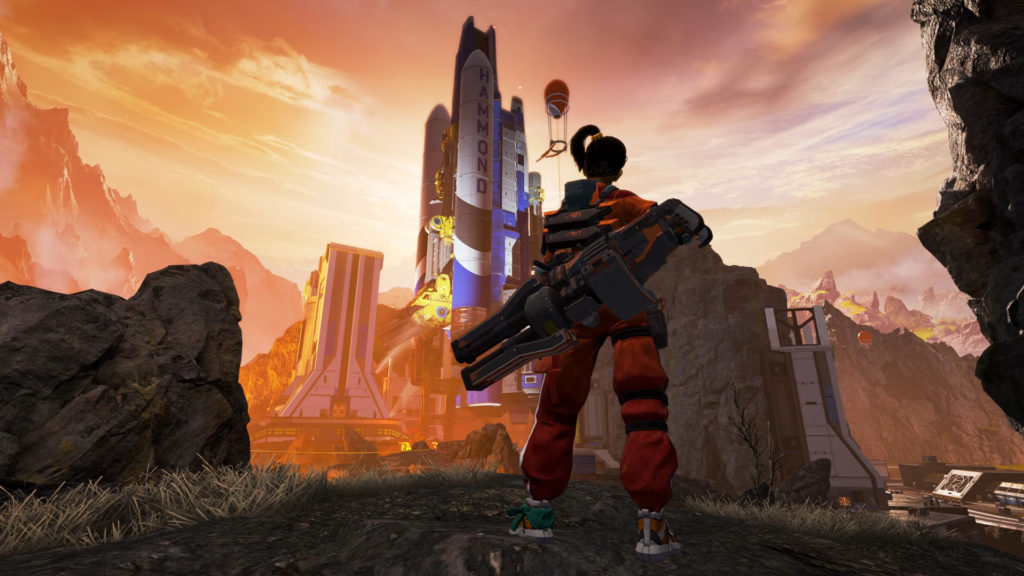
Despite the magnitude of the changes, it wasn’t long until season six felt protracted. The drought of content was palpable and the adoption of a weekly comic model, rather than a participative quest with PvE hunts, contributed to creating a general feeling of staleness.
Rampart also quickly assumed a more niche role. As fun as gunning down enemies with a machine gun can be, the expert modder thrives with preparation and the adequate setup, which may not happen often in the Apex Games.
The new Evo Shield system also reduced the effects of armor in general and greatly lowered the time-to-kill (TTK) in the battle royale, which immediately drew heavy criticism from the community. Respawn backtracked on the overhauled TTK but kept the Evo Shields.
Season six may not have been necessarily bad—in large part due to the trailblazing changes—but with the evolution of Apex in previous seasons, Boosted failed to live up to its predecessors.
Season four: Assimilation
“You know what this mess needs? A gamechanger.” That’s how Revenant introduced himself in the season four Gameplay Trailer. And that’s exactly what he is.
Season four grandiosely flipped the tables on Apex fans. The Assimilation devstream revealed Forge as the season four legend, sponsored by fictional company Hammond Robotics. A teaser shared some interactions with his would-be opponents to keep up the facade. But it was a carefully planned bamboozle, according to design director Jason McCord.
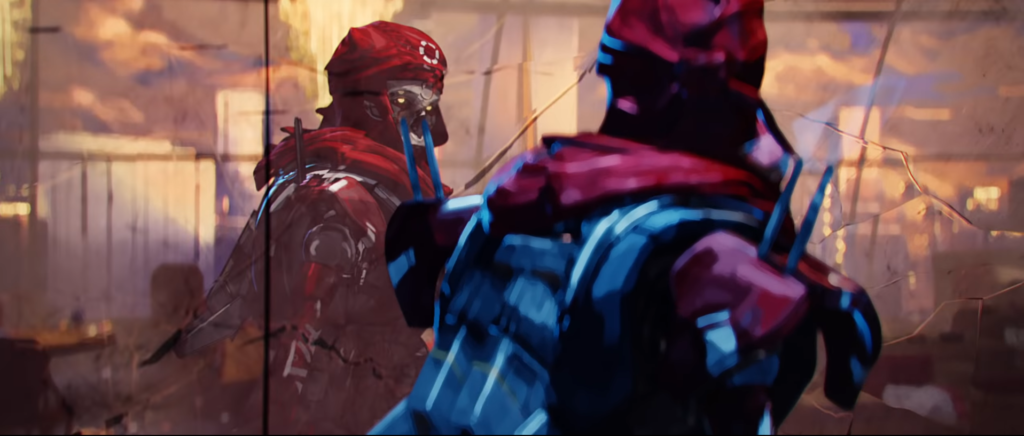
Forge’s gruesome death took place during an episode of Stories from the Outlands. He was confidently bragging that the legends have never faced anyone like him. The lights blinked—host Lisa Stone chalked it up to “technical difficulties”—and the bloodthirsty simulacrum emerged from behind Forge.
Assimilation brought more than just a story, however. World’s Edge received an overhaul with the introduction of the Planet Harvester and a terraformed map that destroyed the ruins of former Capitol City and divided it into two Fragments.
Season four set in motion a series of vital events in the Apex universe. It introduced Hammond Robotics, a maleficent corporation that has ties with the Mercenary Syndicate and a stake in the Apex Games, and set the stage for several narrative hooks—and one of them culminated just three months later.
Season five: Fortune’s Favor
The season four launch trailer showed Revenant murdering Marcos and Alanza Andrade. Its successor picked up exactly from there. Apex‘s fifth season brought Loba Andrade, a high-society thief with a drive for revenge and the perfect tools to enact it, into the Apex Games.
Loba’s quest for revenge gave way to The Broken Ghost, the season five quest that started a new tradition for the battle royale. The quest took place in weekly installments, with the legends diving into an alternate version of Kings Canyon to recover pieces of a mysterious artifact in playable PvE missions.
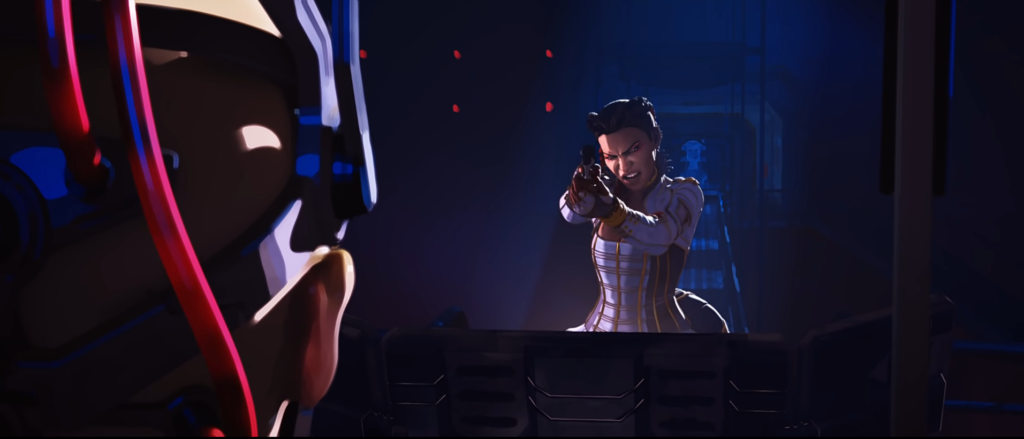
The Broken Ghost built upon the existing lore by shedding some light on other mysterious elements in the universe, such as Hammond Robotics, simulacra, and, of course, Ash from Titanfall 2. At the same time, the quest advanced the general story for each legend as well, with Crypto and Wattson’s budding relationship being destroyed by Caustic and Loba and Bangalore growing ever closer.
Like in Assimilation, the story events had palpable repercussions on Apex’s gameplay. Loba blew up a huge portion of Kings Canyon in the season five launch trailer and the arena reflected that change—a much-needed improvement to Apex‘s first map.
Fortune’s Favor was a clear success. The new season broke a series of records, including the “highest level of per-play engagement seen to date,” the “highest daily retention” of any Apex season at the time, and the “largest number of new players” since season one, McCord told Dot Esports in May.
Season seven: Ascension
Apex finished off 2020 with a bang. The new season brought in the long-anticipated map, Olympus, which was hinted at since at least the end of the season five quest. A new legend, Horizon, also made her way to the Apex Games with a compelling backstory and an entertaining kit that quickly turned her into Apex’s latest sweetheart.
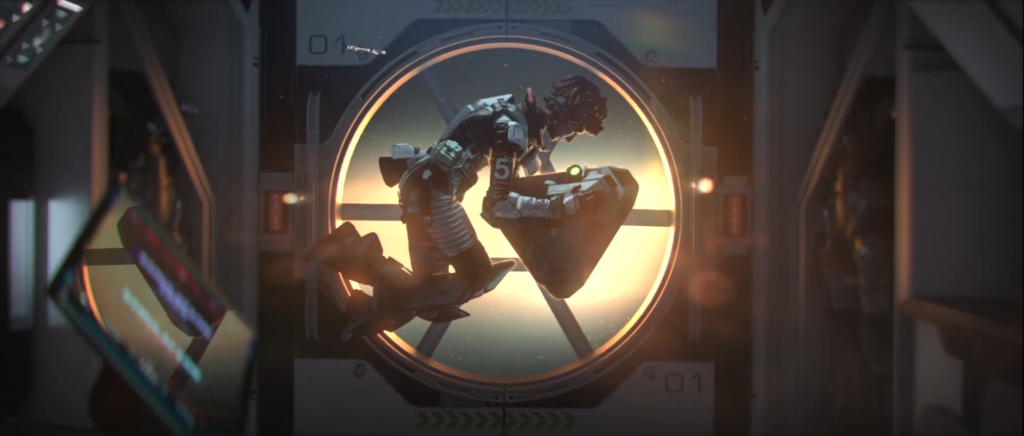
A new map is arguably one of the most impactful changes that can happen to Apex—and Olympus certainly delivers. The arena is a departure from the plains of Kings Canyon and the wastelands of World’s Edge, and it lends a unique atmosphere to the map.
The season quest, Family Portrait, ties together the journey of four legends. Pathfinder’s search for his creator intertwines with Lifeline’s family conflicts, while Gibraltar bumps into his ex-boyfriend Nik, with the story narrated by Octane. Family Portrait also introduced antagonist Creighton Sawtelle and made the first overt mention of the planet Salvo, which may have set the stage for the next events in Apex.
This isn’t to say that Ascension is flawless, however. Audio issues still plague the game (even though Respawn’s attempts at fixing them did water down the problem to a degree) and the battle pass controversy was a blemish on the season. Fans rightfully complained about the “streamlined” pass, which was significantly harder to complete than its predecessors, and Respawn backtracked on the changes, putting it more in line with season six than with the intended new system.
Despite that, Ascension has been a colossal success so far—in no small way thanks to Horizon, Olympus, and the payoff of long-anticipated story arcs. These elements combine with the classic Apex gameplay to push the battle royale to arguably one of the best moments in its history.


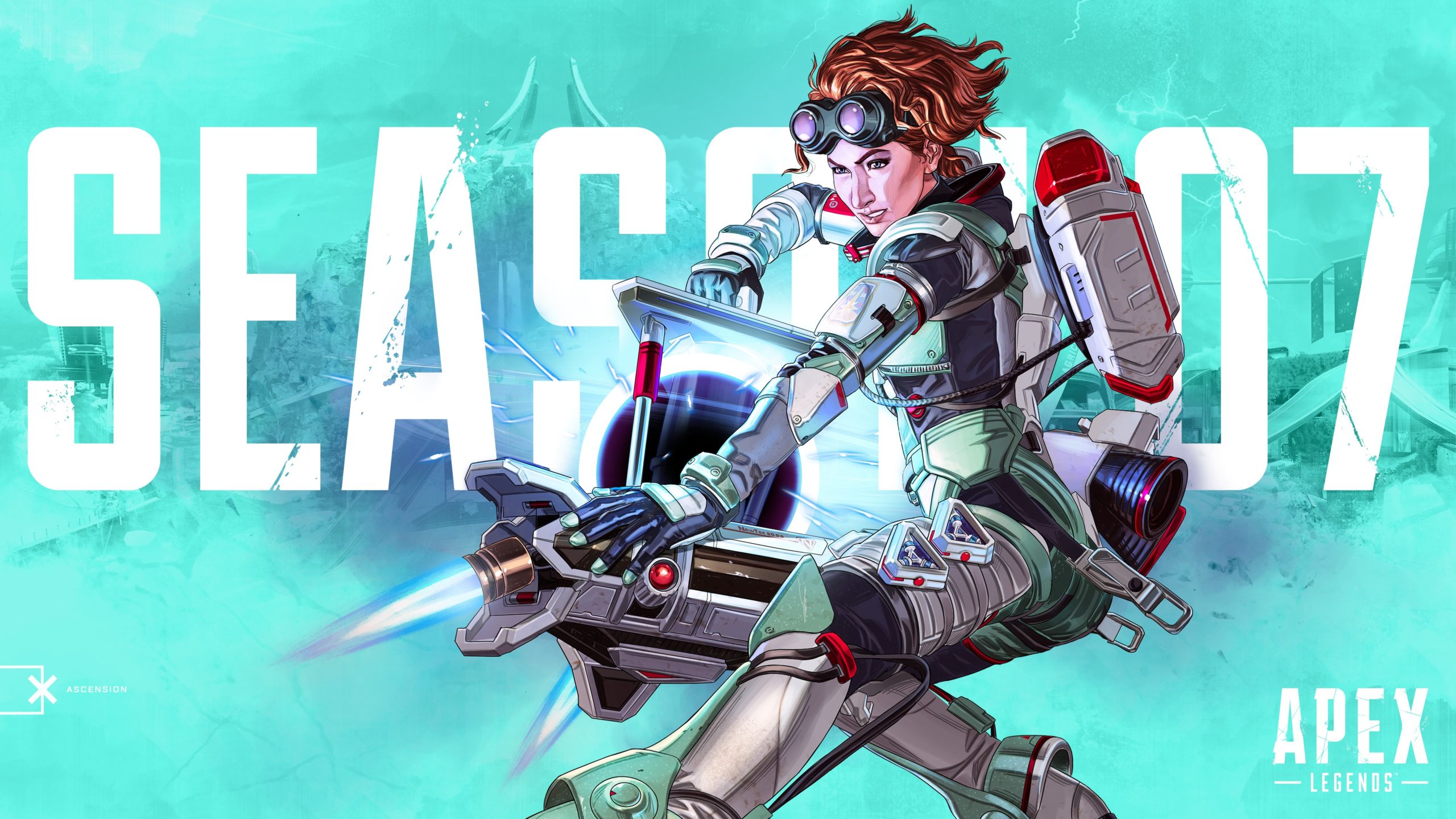
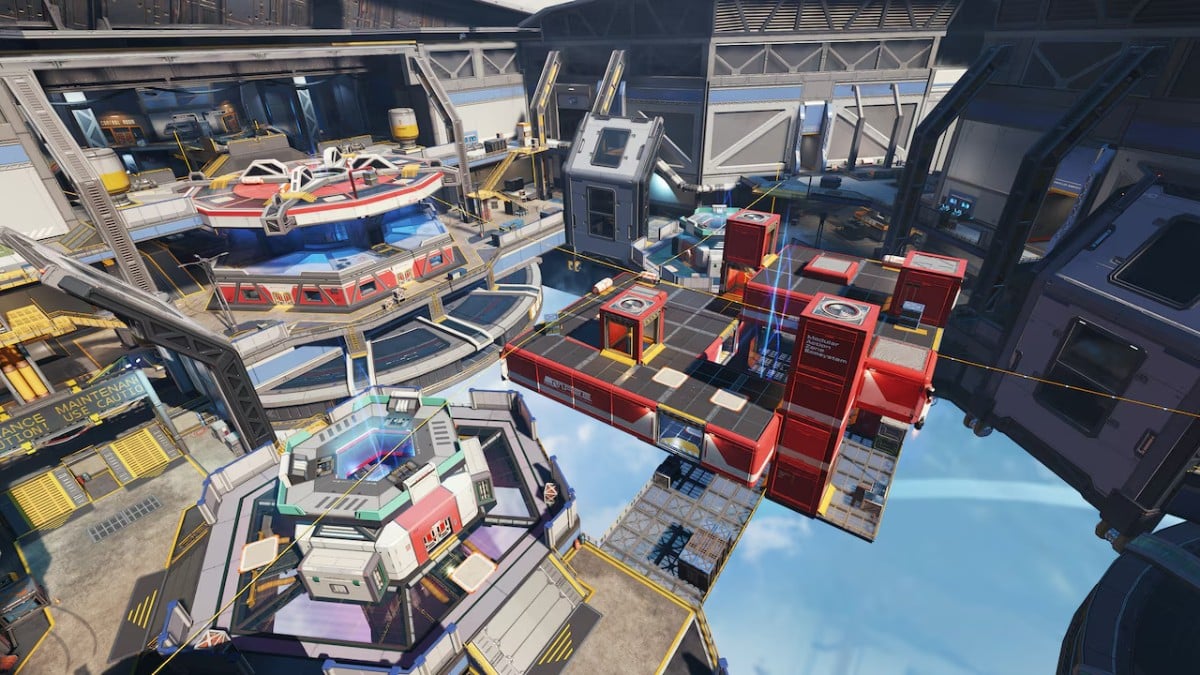
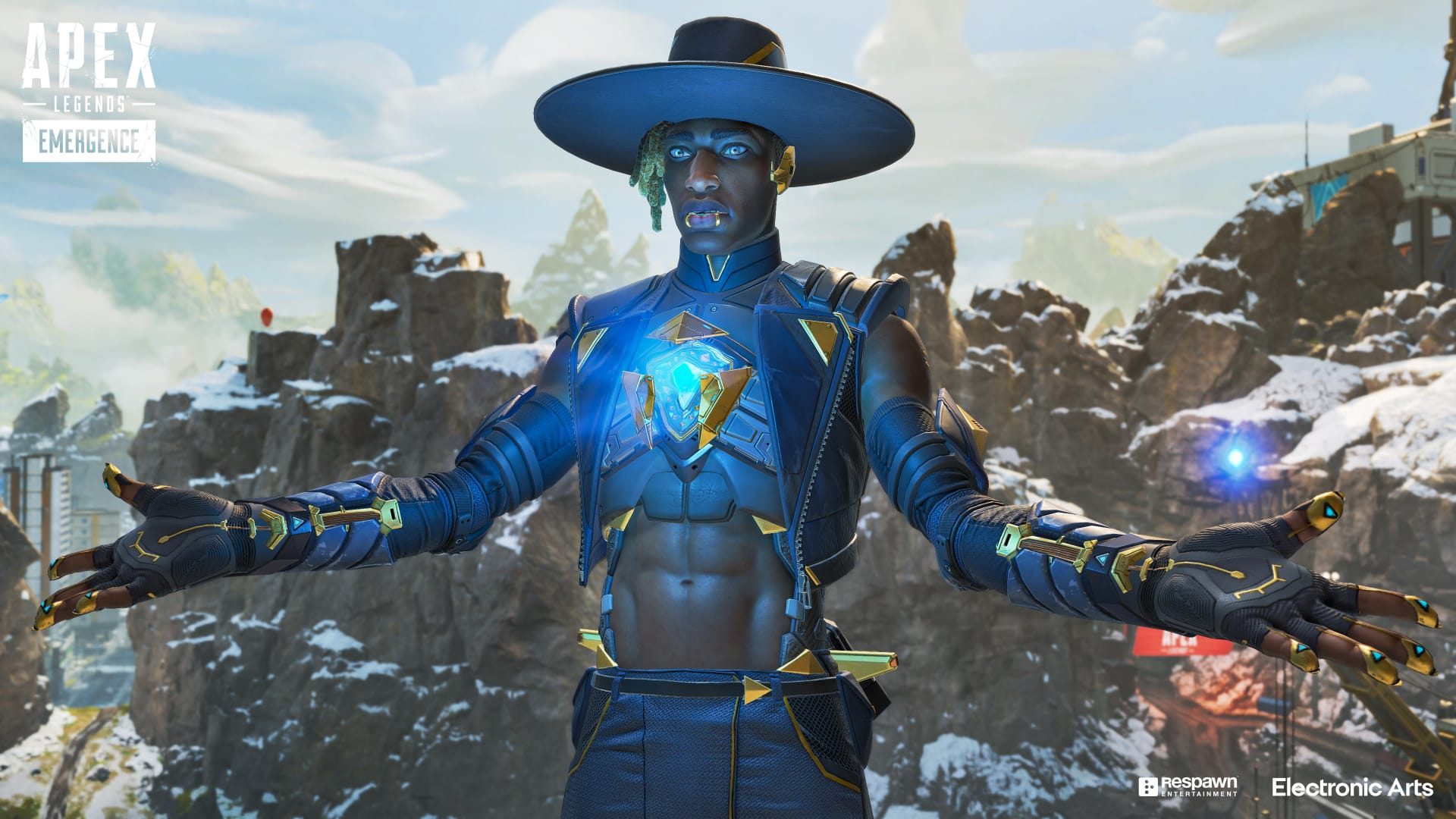
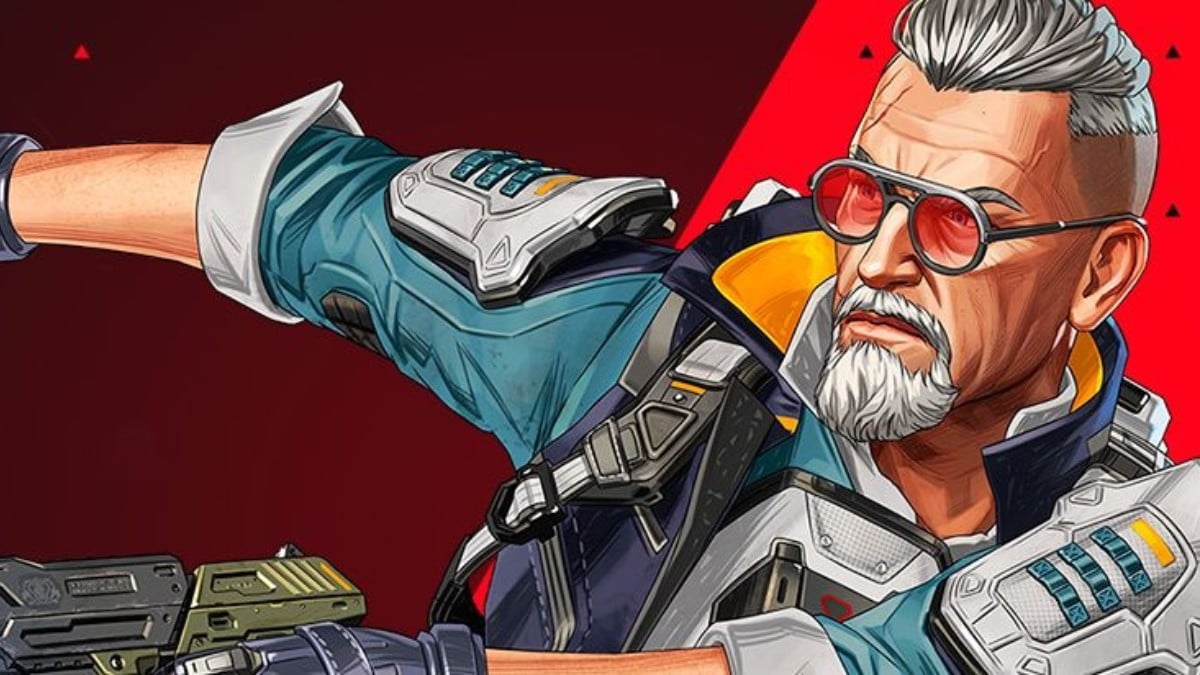
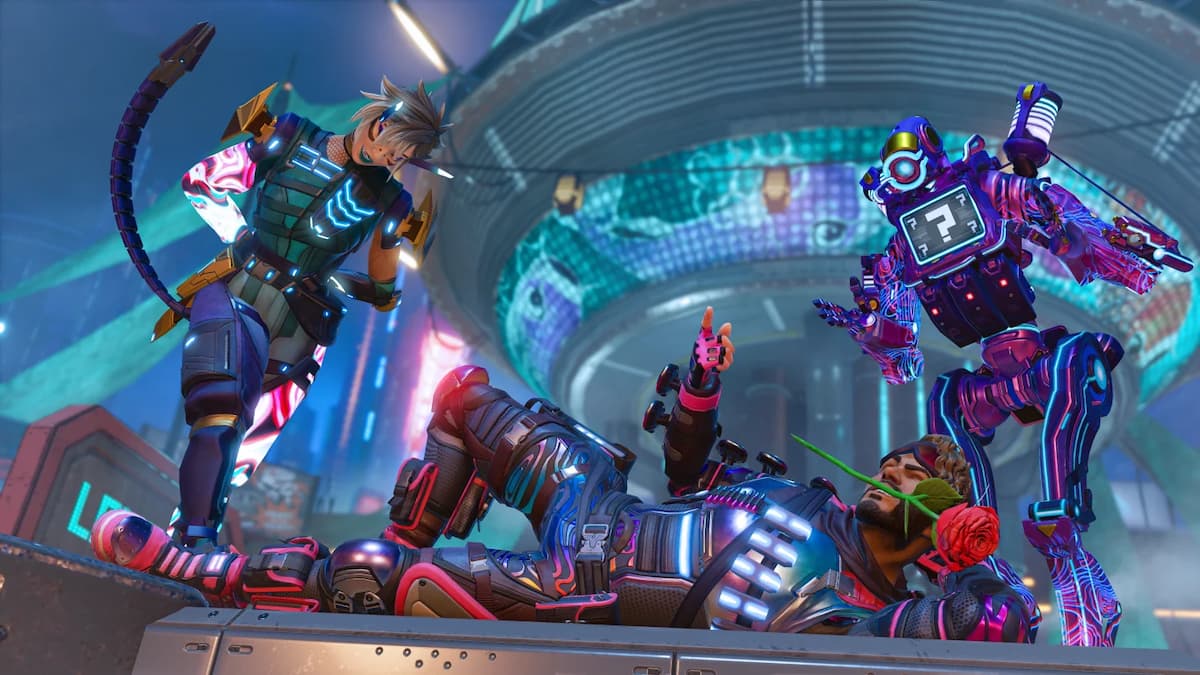
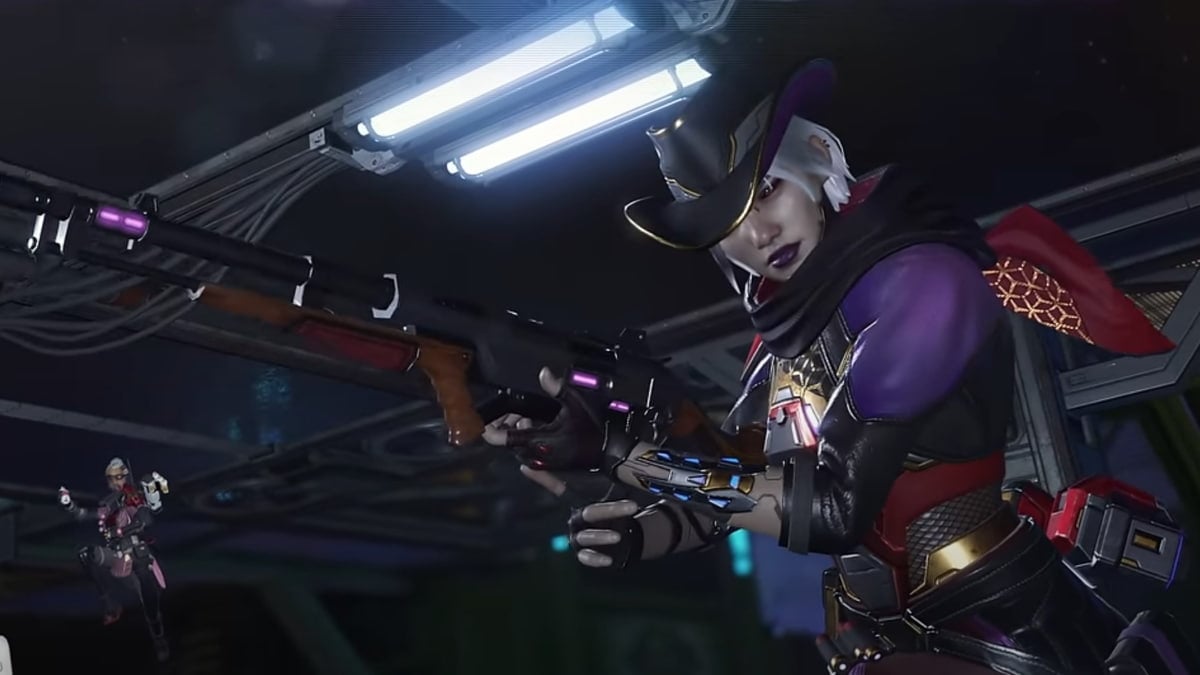
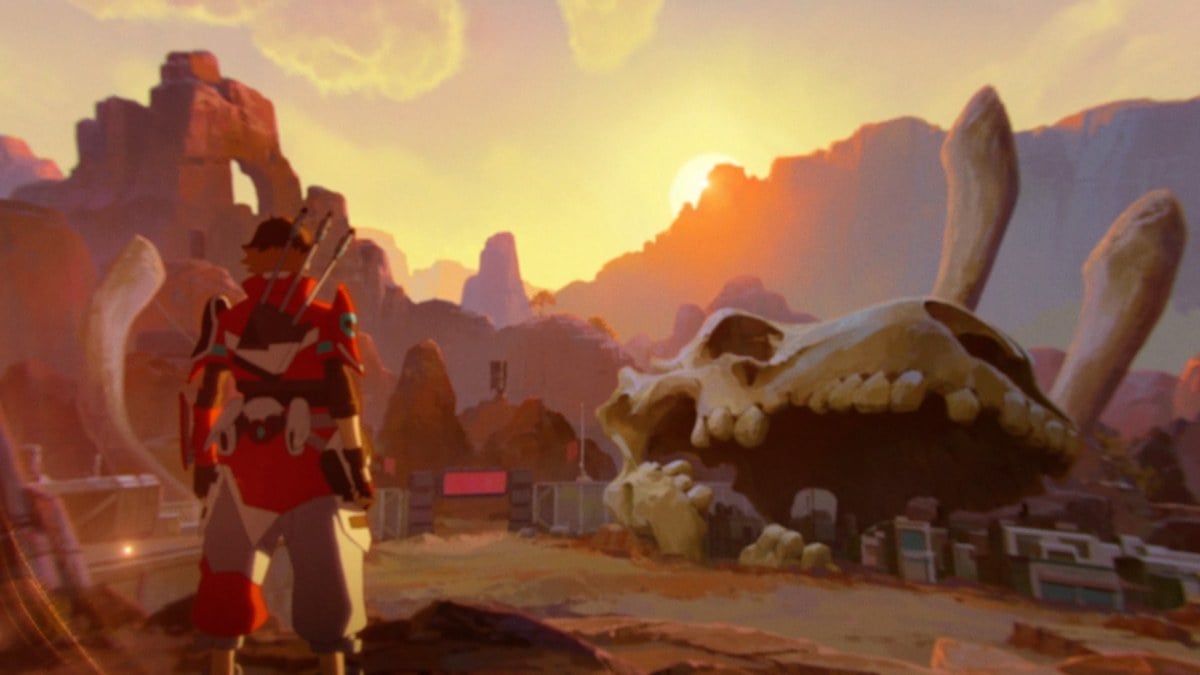
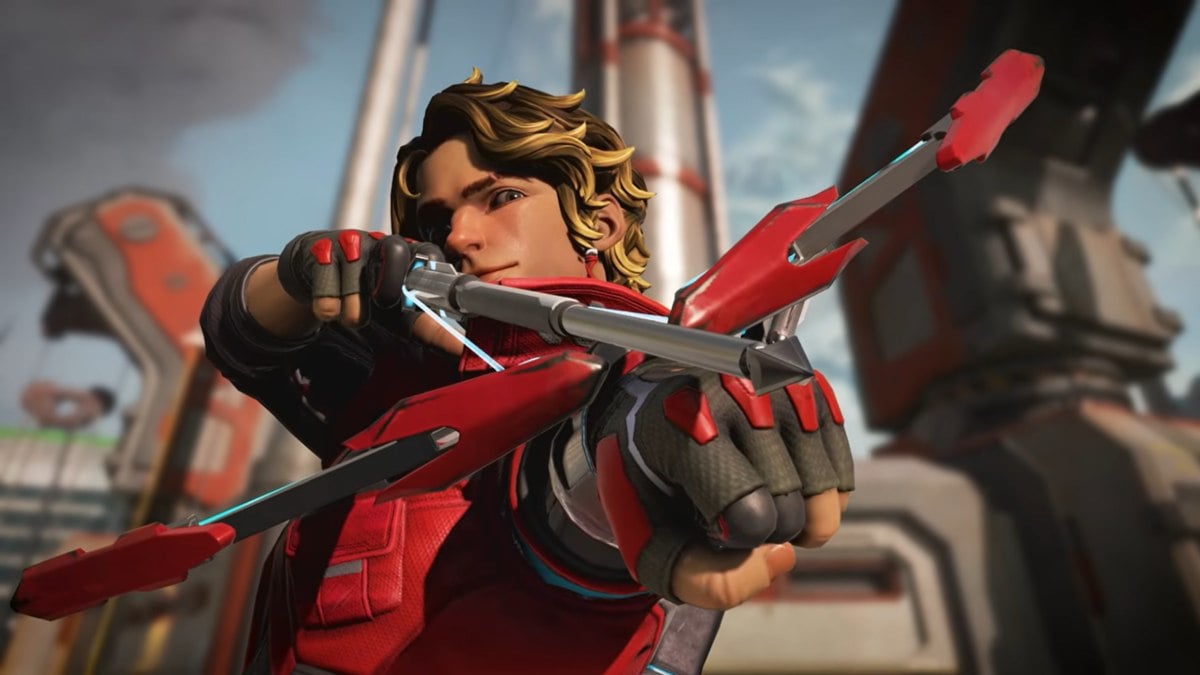

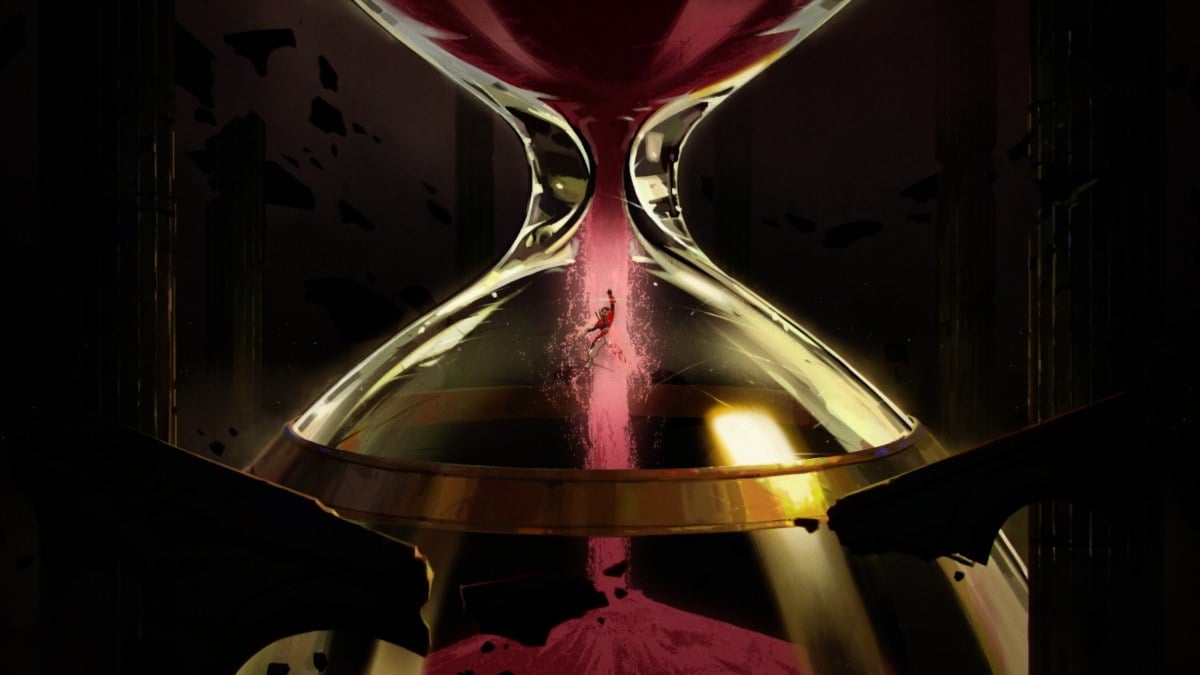

Published: Dec 21, 2020 03:50 pm